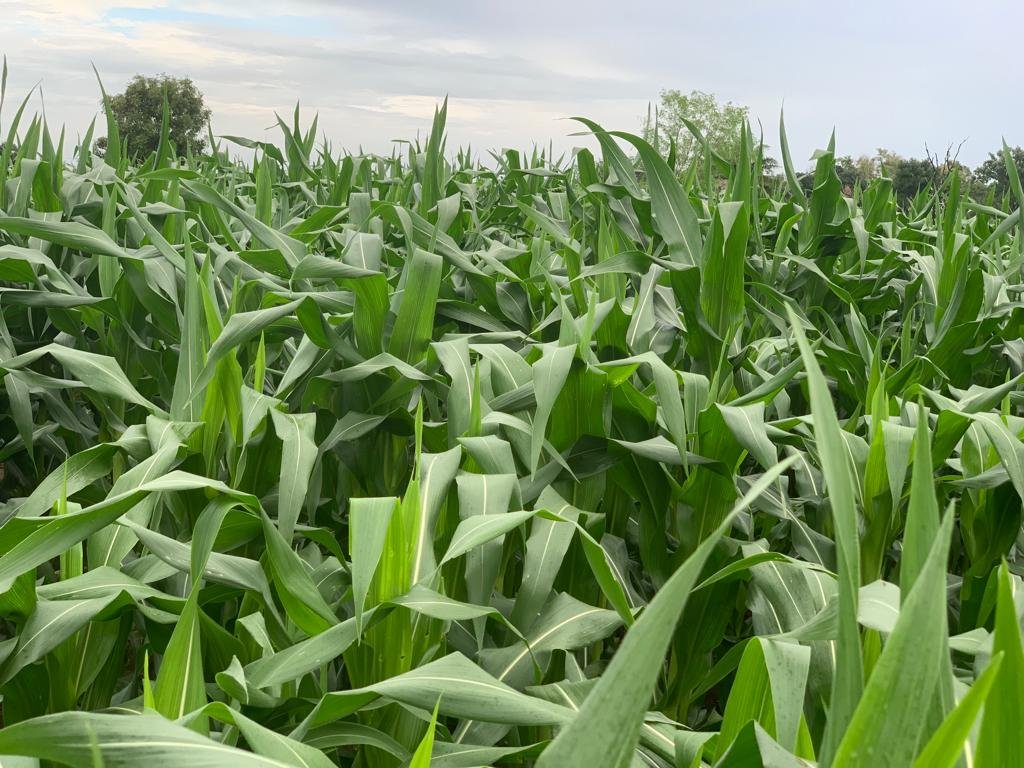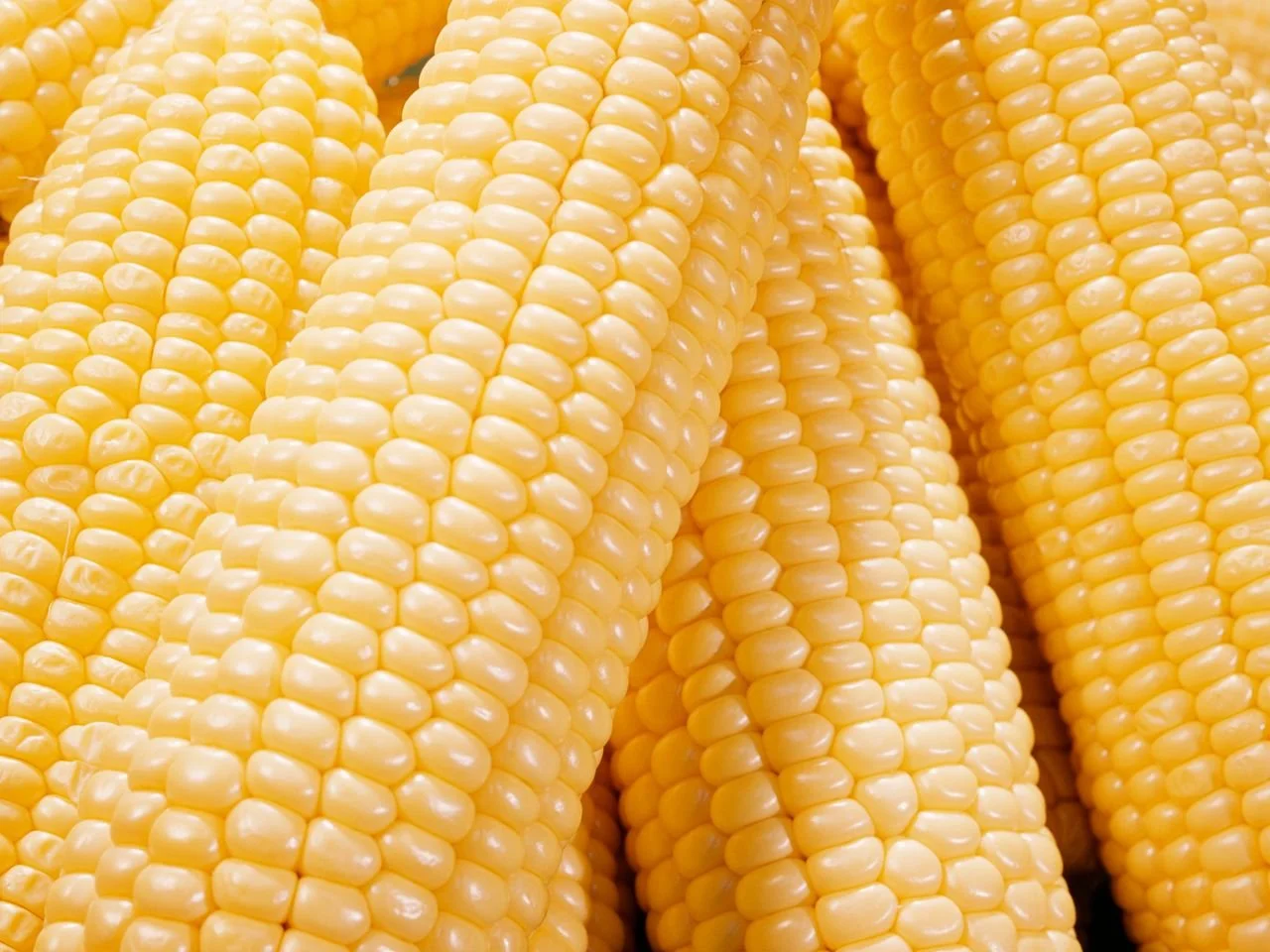
Products
CROP PRODUCTION
Crop production is one of our core businesses and all of our arable land is located in Ika Kogi State, which is one of the most fertile regions of NIgeria. We are primarily engaged in the farming of commercial crop like corn
Our grain production is executed based on modern agricultural technologies and our Group also employs modern modern machinery and equipment manufactured to improve our efficiency and productivity.
We have storage facilities with a total grain storage capacity of up to 15,000 tonnes, all of which are typically fully utilised from July to January.
We sell our agricultural produce primarily to grain traders and exporters on a tender basis where key international and local traders are invited.
Corn is an annual cereal grass plant that has several uses. It is used as livestock feed, biofuel, staple food and raw materials. Corn is a major food globally that is widely used. There are various commercial classifications for corn based mainly on the texture of the kernel. Some classifications are dent corn, flour corn, sweet corn, flint corn and popcorn. Corn is also harvested as fodder for our dairy’s operations.
Yearly Report
2.4 mb
Facts about our Production
COMPETITIVE STRENGTHS
We operate in the kogi State which generally has a stable and predictable weather condition with precipitation levels of approximately 450mm to 500mm per year which is favourable for the cultivation of our main commercial crop
Strong management team
Our management team consists of experienced industry executives with a clear long-term vision of our business and future plans. Our key management team comprising our Chief Executive Officer, Chief Operating Officer . Our management team is supported by operational leaders who have extensive experience in the day-to-day operations of our crop fields, dairy farms and all other aspects of our business and who are integral to our success. Consequently, we have established efficient and effective protocols, such as well-built and transparent sales and purchasing systems and technologically-aided quality management systems. Our team also employs the use of modern machinery, equipment and software to enhance our operations and workflow.
Strong relationships with our customers and suppliers
We have established a reputation as a reliable producer of good quality grain as demonstrated by our customers’ repeat participations in our tenders for our products. We have also built strong rapport with our suppliers which allows us to source for good quality seeds and fertilisers from established brands and provides us with competitive prices for quality products and timely delivery.
Transparency and Accountability
We have extensive experience with local and international businesses. With their experience, our Group has implemented high level of corporate governance and management standards to ensure our business and operations are conducted with transparency and accountability.
Corn farms
CROP FARMING PROCESS
Tillage / Spraying
Tillage is used to remove weeds, mix in soil additives like fertilisers, shape the soil into rows and prepare the surface for seeding. This process is used to prepare land for newly sowed crop and to keep a higher level of moisture in the soil layer.
Sowing
Sowing is dependent on the crop’s biology and the time of sowing and level of moisture in the soil highly influences yield. Some of our crops are sowed using seeds from the current crops and the rest of the seeds are purchased from local producers or sellers. Our Group’s chief agronomist will assess and check the suitability of the seeds before purchasing and sowing them. The sowing process includes preparative actions such as calibration of seeds and treating them with plant protectors. The seeds are then sown with seeder machines which scatter the seeds over our fields by broad casting method.
Plant cultivation
A key component of the plant cultivation process is the control of plant nutrition and is comprised fertilisation, application of plant protectors and performing additional land processing. Prior to this, the fertilisers and plant protectors are sent to third party laboratories for safety tests. Different fertilisers are used for different crops as recommended by our chief agronomist. Cultivators are used to till the land to prepare a proper seedbed for the crop to be planted into, incorporating fertilisers and herbicides, to mix the soil to ensure that the growing crop has enough water and nutrients to grow well during the season
Harvesting
The time for harvesting is also dependent on the crop’s biology and the time of harvest of our crop is planned with a focus on minimising loss due to overripe seeds fall. This process also includes the control of stubble remains in order to retain moisture levels in the soil after harvesting. Specialised harvesters are used to transport the harvest to the storage facilities after cleaning and sorting of the harvested crops.











